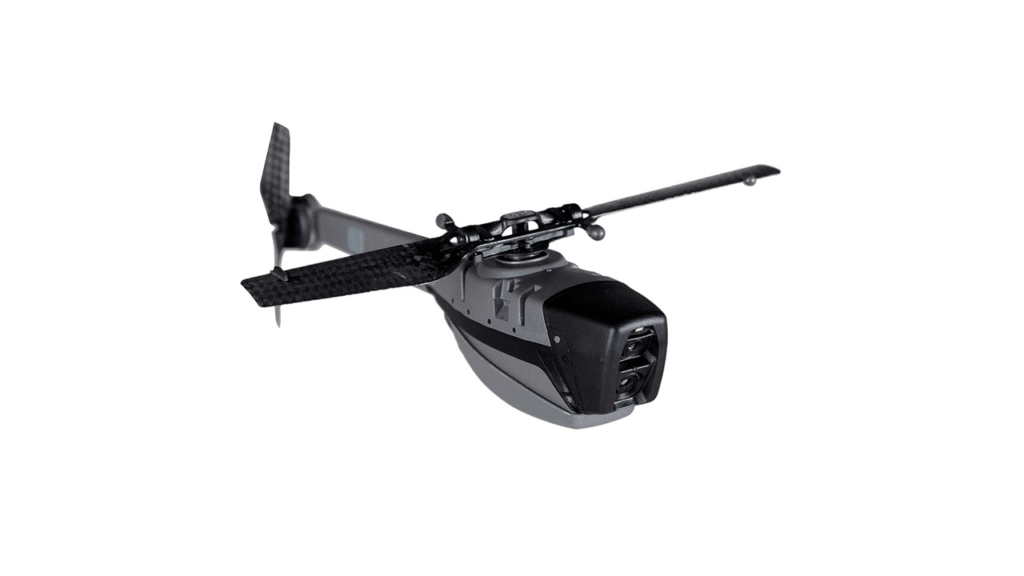Teledyne FLIR Defense has won a five-year Indefinite Delivery, Indefinite Quantity (IDIQ) contract worth up to $93.9 million to provide its Black Hornet® 3 Personal Reconnaissance Systems (PRS) to the United States Army.
The initial award under this IDIQ will cover delivery of the nano-unmanned aerial systems (UAS), as well as controllers, spare parts, and training.
In 2018 the U.S. Army began acquiring Black Hornet 3’s as part of its Soldier Borne Sensor (SBS) program. Since then, the Army has placed orders totaling more than $125 million for the multi-faceted drone. Soldiers are using the advanced nano-UAVs to augment squad and small unit surveillance and reconnaissance capabilities.
Weighing just 33 grams, nearly silent, and with a flight time up to 25 minutes, the combat-proven, pocket-sized Black Hornet PRS transmits live video and HD still images back to the operator. Well suited for operations in contested environments, the Black Hornet provides soldiers with immediate covert situational awareness to help them perform missions more safely and effectively.
Black Hornet drones are currently being used by Ukrainian forces through donations made by the British and Norwegian governments.
This month, Norway’s Ministry of Defense ordered 1,000 more UAS systems. They have performed successfully in numerous operations under the harshest of environments. FLIR Defense has delivered more than 20,000 Black Hornet PRS systems to military and security forces in over 40 countries.
“The Black Hornet 3 gives warfighters up-to-the-minute situational understanding before and while they conduct missions,” said Dr. JihFen Lei, executive vice president and general manager of FLIR Defense. “We are proud to provide this unique capability to our soldiers and honoured by the U.S. Army’s long-term commitment through the new IDIQ, building on its previous orders under the SBS program.
“FLIR Defense will continue to invest in developing unmanned platforms and smart sensors that are proving their worthiness in operational theatres worldwide,” Lei added. “These technologies are reshaping the modern battlefield.”






